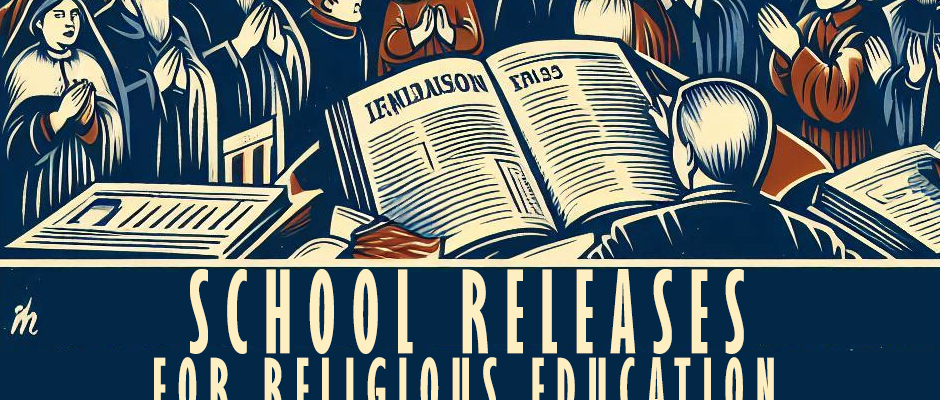


INDIANAPOLIS, In. (UDPN) — In a move that has ignited discussions on the separation of church and state, the Indiana General Assembly is on the brink of passing a bill that could reshape the landscape of public education in the state. House Bill 1137, which mandates school corporations to allow students to leave school for religious instruction during school hours, has passed the Senate and is now awaiting a final agreement between both legislative chambers.
This legislation stipulates that public schools must cooperate with religious education organizations to facilitate the release of students for faith-based instruction upon request. This marks a significant departure from the current policy, where schools have the discretion to approve or deny such requests. The amendment essentially removes this choice, compelling schools to comply with requests for religious education release.
Adding another layer of controversy, a Senate committee has integrated language from another bill that permits chaplains to act as school counselors. This provision, however, mandates chaplains to operate strictly in a secular role unless explicitly authorized by parents to provide spiritual counseling to their child. This proposal raises questions about the practical implications of integrating chaplains into the public school system, particularly regarding the selection process among chaplains from various religious backgrounds.
Critics of the bill are raising alarms about the potential blurring of lines between religious practice and public education. Concerns have been voiced about the logistical and ethical implications of implementing such a policy, including how it aligns with the constitutional principle of separating church and state. Furthermore, the requirement for schools to accommodate religious education during school hours could set a precedent for the encroachment of religious activities into public education spaces.
As the bill moves closer to the governor’s desk, it finds itself at the heart of a contentious debate on the role of religion in public schools. Proponents argue it supports religious freedom and parental rights, while opponents warn it could undermine the secular foundation of public education and foster discrimination among students of different faiths.
The Assembly’s next steps are crucial as both chambers must reconcile their differences over the bill. A conference committee is expected to address the outstanding issues, with a keen eye on the broader implications for Indiana’s educational system and its adherence to constitutional values.